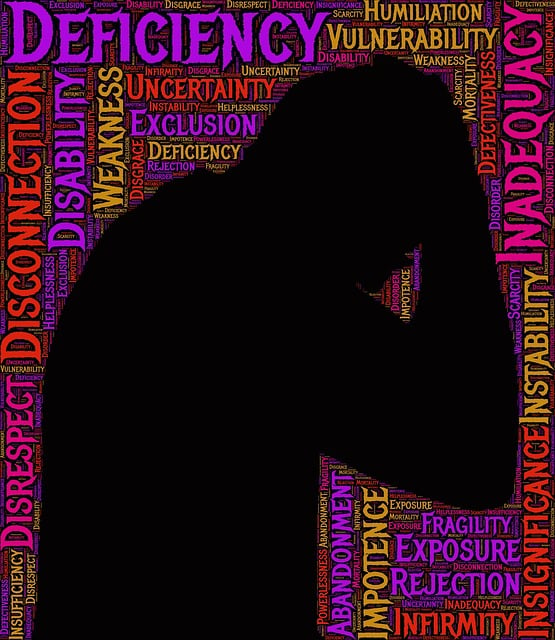Aurora EMDR Therapy is a groundbreaking approach to treating substance abuse by targeting root traumas, reducing cravings, and promoting healing. Combining techniques like Mindfulness Meditation with Mental Health Policy Analysis, this therapy enhances therapeutic outcomes for individuals struggling with addiction. By addressing underlying mental health issues and breaking down stigma, Aurora EMDR supports sustainable recovery, making it an essential tool in the battle against substance abuse.
Substance abuse poses significant risks, impacting physical and mental health, relationships, and overall well-being. Understanding these dangers is the first step towards recovery. This article delves into comprehensive risk reduction strategies, highlighting the critical role of innovative therapeutic approaches like Aurora EMDR Therapy. By exploring evidence-based methods, we aim to guide individuals on their path to long-term recovery, offering a glimmer of hope for those navigating the challenges of substance abuse.
- Understanding Substance Abuse and Its Risks
- The Role of Aurora EMDR Therapy in Risk Reduction
- Comprehensive Strategies for Long-Term Recovery
Understanding Substance Abuse and Its Risks

Substance abuse refers to the harmful use of drugs or alcohol, leading to significant impairments in an individual’s health, relationships, and daily functioning. It’s a complex issue driven by a combination of biological, psychological, social, and environmental factors. Understanding these underlying causes is crucial for developing effective risk reduction strategies. Aurora EMDR Therapy, a cutting-edge approach, has shown promise in addressing the root traumas often associated with substance abuse, promoting healing and reducing cravings.
By integrating techniques like Mindfulness Meditation into their therapeutic practice, therapists can enhance Emotional Well-being Promotion Techniques for individuals struggling with addiction. Moreover, advocacy for evidence-based Mental Health Policy Analysis plays a vital role in ensuring access to these life-changing treatments. Recognizing the interconnectedness of mental health and substance abuse is essential, as it allows for comprehensive approaches that address both aspects for sustainable recovery.
The Role of Aurora EMDR Therapy in Risk Reduction

Aurora EMDR Therapy plays a pivotal role in risk reduction strategies for substance abuse by addressing underlying mental health issues. This therapeutic approach, short for Eye Movement Desensitization and Reprocessing, is particularly effective in treating trauma, anxiety, and depression—all of which can contribute to addictive behaviors. By helping individuals process and resolve past traumatic experiences, Aurora EMDR Therapy facilitates a profound shift in emotional state, reducing the intensity of negative triggers that might otherwise lead to substance abuse.
Incorporating Aurora EMDR into risk management planning for mental health professionals is strategic. It empowers practitioners to offer comprehensive care, equipping their clients with powerful tools for self-regulation and resilience. Moreover, integrating this therapy into Depression Prevention and Mental Wellness Coaching Programs Development can significantly enhance the effectiveness of these interventions. Through targeted treatment, individuals not only overcome substance abuse but also cultivate lasting mental wellness.
Comprehensive Strategies for Long-Term Recovery

For those seeking long-term recovery from substance abuse, adopting comprehensive strategies is essential. Beyond initial treatment, integrating therapeutic techniques like Aurora EMDR Therapy can play a pivotal role in fostering resilience and preventing relapse. This innovative approach combines elements of exposure therapy with eye movement desensitization and reprocessing, helping individuals confront and resolve traumatic memories that often underlie addiction.
Complementing such therapies are proven practices like Stress Management, Mindfulness Meditation, and Mental Illness Stigma Reduction Efforts. Learning effective stress coping mechanisms empowers individuals to navigate challenging situations without resorting to substance use. Similarly, mindfulness meditation cultivates present-moment awareness, enabling better decision-making and emotional regulation. Addressing the underlying mental health issues and breaking down the stigma associated with seeking help are also critical components in supporting sustained recovery.
Substance abuse poses significant risks, but with comprehensive strategies and innovative therapies like Aurora EMDR, recovery is achievable. By understanding the dangers and employing long-term solutions that address underlying causes, individuals can embark on a path to lasting well-being. Aurora EMDR Therapy emerges as a powerful tool in mitigating these risks, offering hope and a structured approach to navigate the challenges of substance abuse and foster a healthier, more balanced life.














